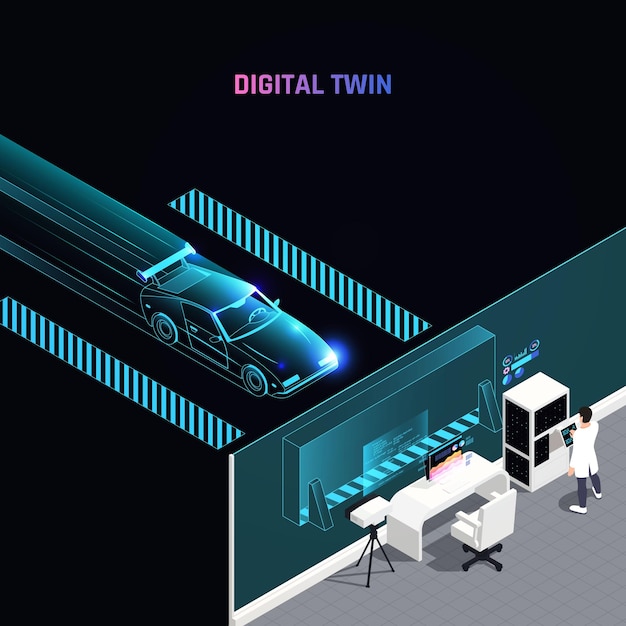Revolutionary Partnership: BMW and IBM Transform Vehicle IoT

IBM and BMW are teaming up to explore how Watson’s cognitive computing can personalize driving and create intuitive support systems for future cars. As part of this collaboration, a team of BMW researchers and engineers will work at IBM’s Watson IoT headquarters in Munich, Germany, to enhance intelligent assistant features for BMW vehicles.
IBM has committed $200 million to make its Munich center a leading hub for collaborative innovation, as part of a $3 billion global investment to integrate Watson’s cognitive computing with the Internet of Things (IoT). BMW is one of the first companies to join this initiative, and its engineers will work closely with IBM’s researchers, developers, and consultants.
Harriet Green, head of IBM’s Watson IoT division, stated that Watson is revolutionizing interactions with the physical world, aiming to create safer, more efficient, and personalized experiences at home, work, and on the road. This partnership aims to leverage Watson’s conversational and machine learning abilities to benefit BMW drivers. Green emphasized that the driving experience is expected to change more in the next decade than ever before.
To push forward automotive research and showcase Watson IoT’s capabilities, IBM will use four BMW i8 hybrid sports cars at its Munich HQ. These prototypes will run on IBM’s Bluemix cloud platform, demonstrating how Watson can facilitate new conversational interactions between cars and drivers.
Watson’s machine learning allows vehicles to continuously learn about the driver’s preferences, needs, and habits, thereby customizing the driving experience and enhancing comfort and safety. The car’s manual will be integrated into Watson, enabling drivers to ask questions in natural language while staying focused on driving. This integration will also include data from the Weather Company and provide real-time updates about routes, traffic, and vehicle status to improve the overall driving experience.
Modern vehicles are becoming part of the IoT, transforming from mere transport modes into mobile data centers with on-board sensors and computers. These innovations capture data about the car, its driver, passengers, and surroundings. With conversational interfaces, drivers can interact more naturally with their vehicles, which can progressively learn from these interactions to personalize the experience further.
IBM envisions cars that can self-diagnose and fix issues autonomously and communicate with other vehicles and their environment. These self-learning vehicles will offer advice based on behavior patterns and evolve from limited automation to full autonomy. They will also adapt to personal preferences, such as seat position and favorite routes.
As with other smart devices, these vehicles will be a part of the IoT network, connecting with traffic systems, weather information, and mobility events as they navigate. Globally, over 6,000 companies are already utilizing Watson IoT technologies.